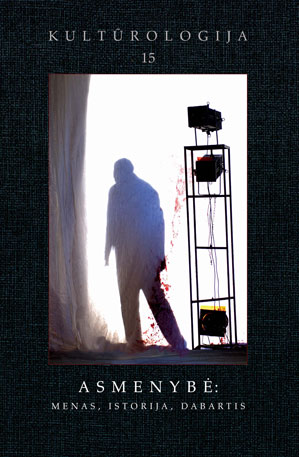Mitinių prasmių beieškant: Algirdas Julius Greimas
Searching for Mythical Meaning: Algirdas Julius Greimas
Author(s): Rita RepšienėSubject(s): Cultural history
Published by: Lietuvos kultūros tyrimų
Keywords: mythical meaning; Algirdas Julius Greimas
Summary/Abstract: Algirdas Julius Greimas (1917-1992), one of the most famous European scientists and founders of semiotics, the founder and pioneer of the Paris school of semiotics, professor of the school of higher public science in Paris and the head of this school's semiolinguistic research group, defended his thesis at the Sorbonne in 1949, and taught for many years at universities in Alexandria, Ankara, Istanbul and Poitiers. From 1965 he lived in Paris, but considered himself to be Lithuanian his whole life. He is considered as the most prominent researcher and propagator of Lithuanian mythology, raising the research of Lithuanian mythology to a new level. Providing mythology with a real and attractive status, he looked for national memory in the worlds of gods and people, stating, that mythology was nothing that it was thought to be, which was the collection of myths of one nation, but rather a structure of ideology, able to express itself in any "literary" form. The verification of this structure provides new meaning to contemporary research. The suggestion of mythologiness expresses itself in theoretical works, and research of literature specialists, and the spread of mythicalness. This engagement enables us to take a look at and evaluate the multi-faceted fate of A.J. Greimas as an important configuration of significance and meanings for the present. On the basis of structural semantics, A.J. Greimas created a theory of text semiotics, and adapted rules of narrative grammer for mythical texts and fantastic fairy tales, claiming, that the deconstruction of a story reveals the axiological ideology. Like A.J. Greimas wrote in "In the Semiotics of Passions", a semiotic style is characteristic for him, and thanks to this style, the future is left open. This openness can be understood as the possibility to generate and transform ideas, helping to continue the mythical searches for oneself and Lithuanian gods.
Journal: Kultūrologija
- Issue Year: 2007
- Issue No: 15
- Page Range: 110-119
- Page Count: 9
- Language: Lithuanian

